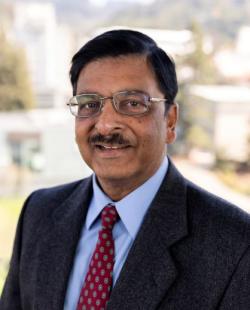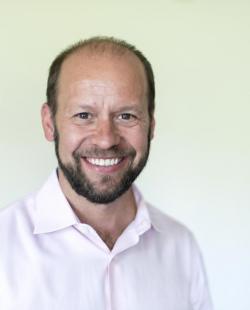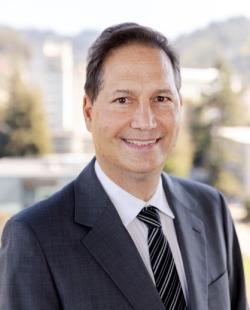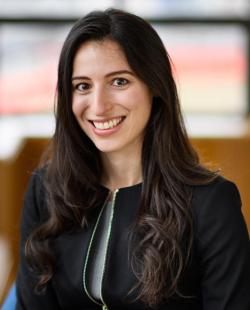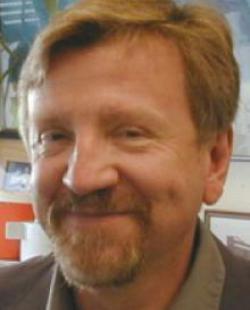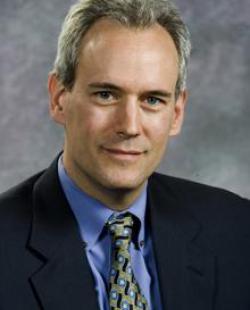Subfield Coordinator: Steve Vogel
The political economy group in the department defines the substantive scope of the subfield broadly, including the role of the state in the economy, the politics of economic policy, the political and social institutions that underpin markets, formal models of governance, patterns of international trade and investment, international organizations, and the history of political economic thought. Scholars in this area employ a wide range of methodological tools, including ethnographic fieldwork, archival research, case studies, quantitative analysis, and formal modeling.
The department regularly offers courses in American political economy, comparative political economy, international political economy, and the political economy of development, and our partner departments add courses on the history of political economic thought and political economics, among other topics. Scholars in the department are involved in various ways in a project to re-imagine interdisciplinary inquiry in political economy. Some PhD students choose to join the Designated Emphasis in Political Economy, a Ph.D. “minor” that brings together students interested in political economy from a wide range of departments across campus. Some participate in the Network for a New Political Economy (N2PE) that connects faculty, graduate students, and undergraduates across disciplinary lines to engage in discussions of some of the most pressing issues of our day. Berkeley boasts a large number of research units touching on political economy, such as the Berkeley Center for Economics and Politics (BCEP), the Law, Economics, and Politics Center (LEAP), the Center on the Politics of Development (CPD), and the Othering & Belonging Institute (OBI)
There is a Designated Emphasis for graduate students interested in getting a " graduate minor" in Political Economy. Details on the designated emphasis program in Political Economy can be found here, https://politicaleconomy.berkeley.edu/graduate-program/program-requirements/.
